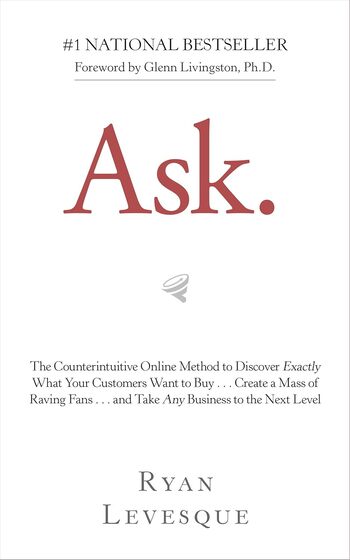
The Cult of We explores the meteoric rise and dramatic fall of WeWork, highlighting the ambitious dreams yet flawed realities of its journey. Through investigative journalism, it unveils the story of charismatic co-founder Adam Neumann and rampant overspending.
Main Lessons
- Startups can seduce top investors with visionary charisma and bold ideas, yet risk collapse without sustainable business models.
- WeWork’s story illustrates the danger of valuing potential over actual profitability in the investment world.
- Branding oneself as a tech innovator can lead to higher valuations, even for non-tech ventures.
- Aggressive expansion without focus can lead to resource wastage and operational inefficiencies.
- The unchecked power of charismatic leaders can overshadow a company’s financial health.
- Reckless pursuit of growth fueled by external investments can obscure operational deficiencies.
- A focus on lifestyle and excess can undermine leadership credibility and company values.
- WeWork’s downfall highlights the need for proper governance and accountability checks within startups.
- The expectation of future profits can justify sky-high valuations, but reality needs grounded plans.
- The narrative of creating a community or movement can boost a company’s image and market appeal.
- Investor perception plays a pivotal role in a company’s valuation and financial longevity.
- Real estate ventures can profit from creating appealing, flexible workspaces responding to market needs.
- The allure of prestige from big-name backers often masks the fundamental issues within a company.
- Public market scrutiny reveals critical insights that private backers might overlook.
- Strategically perceived as a tech company, WeWork epitomized the blurring lines between real estate and technology.








